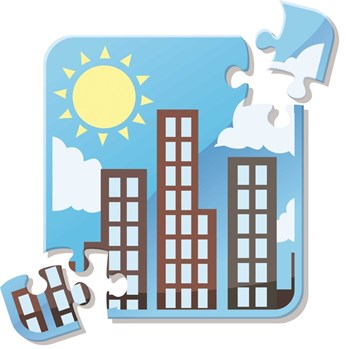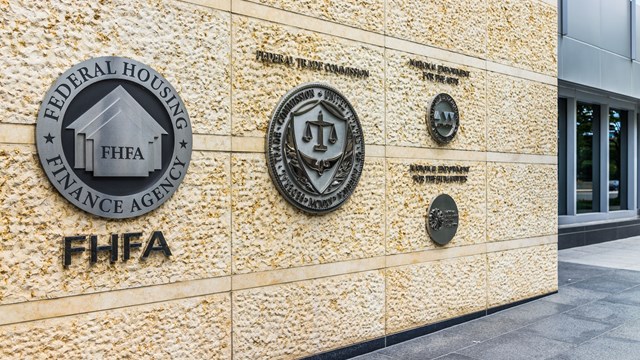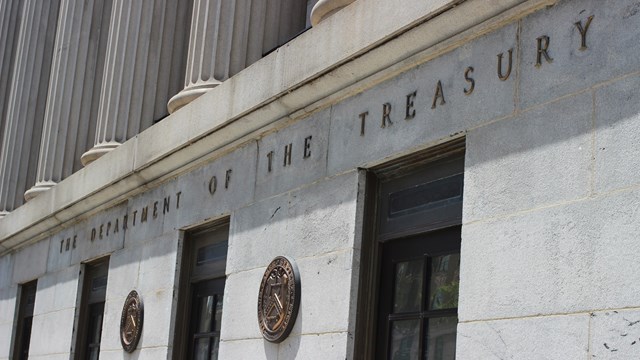
In a residential community, the rules are the rules—unless they are faulty, not in compliance with the law, or simply not enforced. When a developer creates a multi-family community, he usually isn’t overly concerned with how that community will function in the long term. A developer wants to create an attractive building or neighborhood that’s at the right price point, and saleable. In short, he wants to make money, and after he’s made his cash, the building is usually a self-governed entity.
While some developers might take a keen interest in creating a well-run, harmonious community, it’s not their concern after they sell their interest in the building. But for residents of the condominium, the need for things to run smoothly never goes away. Often, what was acceptable with the initial group of residents to occupy the community might not fly, years later. Also, local, state or federal laws might dictate changes in how the place is run.
That’s why reviewing your building’s governing documents—the master deed, declaration of trust and bylaws—is essential for maintaining a well-run community. Depending upon the community and the particular needs of its residents, these documents can quickly become dated, and may need to be refreshed periodically.
Eyeing the Details
Often, the first time a building’s board members seek legal advice on their governing documents is when they have a problem, says attorney Michael Merrill, founding partner of the Boston law firm of Merrill & McGeary. The problem could concern pets, parking, swimming pools, noise, smoking or the community’s rules, he says.
But there’s no need to wait until a building has issues to evaluate its governing documents. In fact, it just makes sense.
“You can improve the governance of the condo by reviewing these documents. You can address issues with unit owners that the community is facing,” Merrill says. “So, an attorney asks the board, what are your problems?”
Sometimes the problems arise from poorly-written governing documents. Clarifying the documents could help solve the problem. But you have to know what to look for.
Simply put, a building’s master deed is sort of like its Declaration of Independence. The building’s declaration of trust is kind of like the community’s Constitution, and the bylaws are the laws of the community.
“For the most part, the community is a democracy,” says John Kalish, an attorney with Marcus, Errico, Emmer & Brooks, P.C., a law firm in Braintree, Massachusetts.
The board of directors or board of trustees of a condo association is the elected body of the community. And as the representatives of all residents, board members and trustees can change the rules and make new ones. It’s part of their job.
In Massachusetts, the association can change the restrictions in the community to reflect changes in the residents’ needs. So, a smoker-friendly community can become smoke free, if a minimum of 51 percent to 75 percent of residents (depending upon the community’s rules) approve the changes. This applies even for folks who have been living in the place the entire time it’s been inhabited.
“Generally, there doesn’t have to be a grandfathered protection of those who came before,” Kalish says.
While making changes to the governing documents might seem like it could be a hassle, it needn’t be. Failing to enforce existing rules is often the biggest problem, experts say.
“The hardest thing is enforcing the documents. If no one’s enforcing them, you have a problem,” Kalish says.
Though most foundational documents of newer buildings don’t usually have functional errors, documents of older buildings often do have such errors, says attorney Timothy N. Schofield, of Boston-based Schofield Law Group.
“The older documents often have to be updated,” Schofield says, noting that an error in one document could affect other foundational documents. “There are a lot of interconnected parts of these documents. For example, in referring to something as an exclusive use area in one document, do you refer to it that way in another document?”
Such specifics do get mixed, Schofield says. “Contradictions within the documents are one of the biggest problems,” he says.
Reviewing those documents can be more complex if there’s already an existing problem, though. The question of who’s responsible for what maintenance in the building can become an issue, and often is.
Such a scenario could occur when a roof is generally considered to be a common area, but residents’ decks on that roof are not considered common areas. Some residents could take exception with the idea that their rooftop deck isn’t part of the common area of the roof, and that they must maintain it themselves. That’s why having exact and correct wording in governing documents is crucial.
Another potential problem with decks can arise when the decks are at ground level, and abut a retaining wall. Exactly who is responsible for that wall should be clear from the governing documents.
Windows often are another seemingly gray area, depending upon the wording of the governing documents. In many buildings, unit owners are responsible for the inside of the windows, and the association maintains the exterior of the windows. But this isn’t always clearly delineated in the governing documents, and can lead to disputes with residents.
Unique situations such as decks abutting walls not mentioned in the foundational documents are weaknesses of some documents. These failings could stem from peculiarities in the building’s architecture, such as in a church that’s converted into condos and which has multistory windows that shed light on a few different units. Who’s responsible for those windows? They might seem, at first glance, to be the bailiwick of the association.
“The request for updates of foundational documents is almost always triggered by a dispute,” Schofield says.
Considering Revisions
There are many reasons why board of trustee members might want to consider updating their governing documents, from proactively working to avoid future problems, to addressing an issue that’s come up.
“Governing documents do get out of date, because laws change. Sometimes, they are banking industry changes,” says J. Spencer Edgett, an attorney with Chapman & Intrieri, LLP in Salem, Massachusetts.
Foundational documents which contain ambiguities, or which conflict with existing laws, could result in expensive but entirely preventable litigation. Obviously, when the transition from developer ownership to association rule happens, the board should have their attorney scrutinize those documents to ensure they are correct.
But that review process shouldn’t start and end with that first evaluation. Those documents should be reviewed again soon—when the documents are 10 years old, at latest. After that second review, the association’s lawyer should evaluate the document every five to 10 years thereafter. Too often, the board reacts to an issue, rather than working proactively to avoid problems originating in the foundational paperwork.
“If they want me to look at their governing documents, it’s often because an issue has arisen. It could be something like who’s responsible for maintaining a window,” Edgett says. “If the documents are poorly drafted, they may need to be amended.”
As noted, changes in laws could necessitate alterations to governing documents. Those legal changes might have to do with a hot button issue, such as smoking in the building. Or it could concern nondiscrimination laws, or the need for the building to become Americans with Disabilities Act (ADA)-compliant.
Changes in banking practices by financial institutions also may bring about changes in governing documents. In these post-Lehman Brothers collapse days, some lenders might not want to loan money on projects that have less than a certain percentage of owner-occupied units. Because of such restrictions, some boards may want to enact regulations about renters in the building. In these cases, the failure to enact needed renter regulations could cost everyone in the building money, now and in the future, through lowered property values.
Though it’s not usually the case, sometimes it may make sense to entirely rewrite the building’s governing documents. Of course, a board also can simply do spot amendments to the governing documents, on a case-by-case basis as they feel they are needed. A regular review of the documents by a competent attorney, though, is prudent.
“Reviewing the documents every five to 10 years makes sense. By doing so, you can head off potential conflicts,” Edgett says.
That way, avoidable problems such as those arising for some communities after enactment of the Super Lien laws, related to unit foreclosures, can be deftly handled. That change in the law signaled the need for many communities to tweak their own rules.
To date, 17 states and the District of Columbia have passes super lien legislation. Massachusetts, Florida, Oregon, and New Jersey, for example, have adopted “stand-alone” statutes that govern super liens in the state, referred to as limited super-lien protections. In these states, limited priority is given to unpaid condominium and shared community association expenses.
And while a lot of this stuff may seem overly cautious, it’s not. Having legally sound, up to date governing documents can really be about saving everyone in the community lots of money.
“There’s a significant amount of cost savings you can achieve by regularly reviewing these documents. While litigation over a governing document-related issue could cost as much as $30,000 to $80,000, having a lawyer review your governing documents could cost you just a few thousand dollars,” Edgett says.
In addition to ensuring that their foundational documents are current with existing laws and are legally sound, board members should know also that those documents make sense.
“You have to have reasonable rules,” Edgett says.
Jonathan Barnes is a freelance writer who frequently contributes to New England Condominium.






Leave a Comment